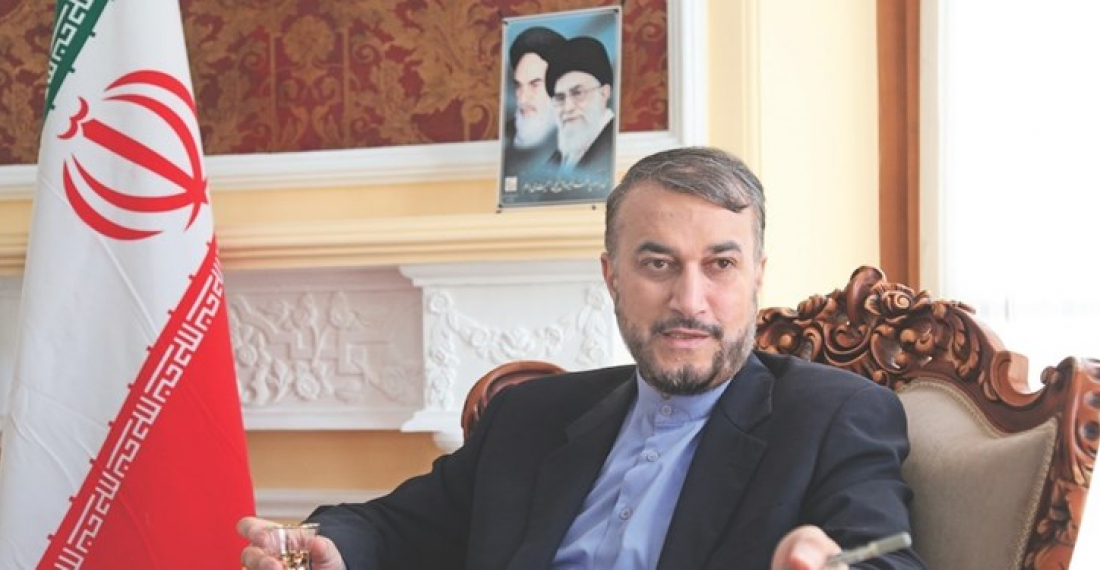The Iranian foreign minister, Hossein Amir Abdollahian, has said that the new government in Iran attaches great importance to relations with the neighbouring states.
In a tweet on Wednesday (1 September) referring to the meeting he had with the vice president and prime minister of the United Arab Emirates (UAE), Sheikh Mohammed bin Rashid al Maktoum, in Baghdad on Sunday, foreign minister Abdollahian said:
"On the sidelines of the cooperation and participation summit in Baghdad, I had a positive and cordial conversation with UAE PM Mohammed bin Rashid Al Maktoum. Iran and the UAE can take big steps towards cooperation and the realization of neighborhood policy and diplomacy".
"During this meeting, we spoke about the positive intentions and will of the leaders of the two countries to strengthen relations and emphasized the fraternal relations between the two countries," Amir Abdollahian noted.
"We consult and cooperate with our neighbors to advance our relations and achieve regional cooperation," he added, saying, "Cooperation with neighbors is a priority of the 13th administration."
Amir Abdollahian had also earlier said that he would pursue a balanced and active diplomacy and prioritise relations with the neighboring countries and Asian states.
"My honor to be confirmed by the parliament to represent the great nation of Iran in the arena of foreign policy and international relations," Amir Abdollahian wrote on his twitter page late last month after receiving the vote of confidence from the parliament.
"Determined to follow balanced, active and smart diplomacy based on principles of dignity, wisdom and prudence," he added, stressing, "Neighbors and Asia first priority."







